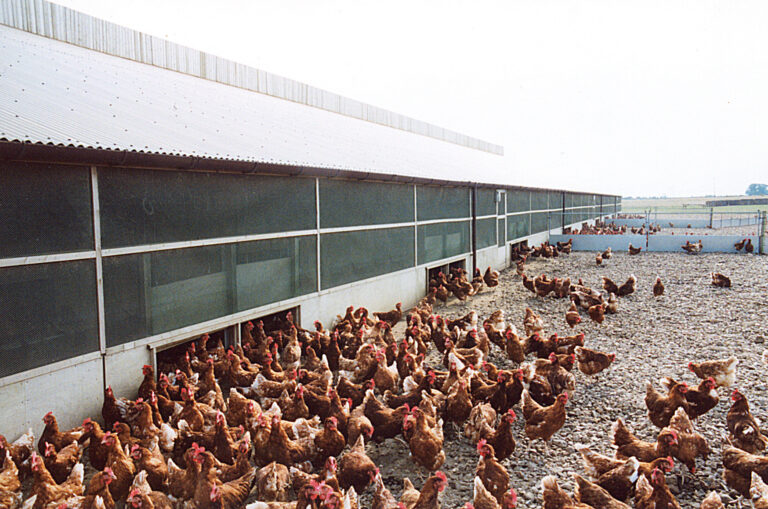According to new research by The Prince’s Countryside Fund (the Fund), the UK public appears to have a rosy view of farming life, with 1 in 4 (25%) UK adults liking the idea of giving up their day job and working on a farm.
However, the findings of the ‘Who’d be a Farmer Today?’ report, launched to mark the start of National Countryside Week (Monday 31 July to Sunday 6 August) highlights a disconnect between the positive perception and the tougher realities of the profession.
When asked to estimate the annual incomes of UK farmers, the study found the public’s guess averaged at £46,801, with 9% of people estimating farmers’ salaries to be over £75,000. DEFRA reported in 2015 that average incomes fell below £20,000; the lowest point since 2007. Furthermore, the Fund’s previous Cash Flow Crisis in Farming report found 50% of farmers no longer make a living from farming alone.
Interestingly, only 32% of respondents said their knowledge of the countryside and farming was either poor or very poor, while 95% of farmers surveyed feel they don’t think the British public understands the everyday challenges that farmers face.
Research with farmers indicated that the majority of challenges facing family run farms today are financial: poor commodity prices coming top (26%), with the potential loss of the Single Farm Payment (19%) and costs being too high (15%) cited as concerns.
Lord Curry, Chairman of The Prince’s Countryside Fund said: “The true reality of what it takes to be a farmer is not widely understood. Many of us envisage the picturesque countryside lifestyle with a comfortable living. Unfortunately, for one of the oldest professions which contributes over £108bn a year to the economy, the reality can be very different. Farmers work long hard hours, receive modest pay for their efforts, have financial instability and are now faced with growing uncertainty. The farming industry needs support from the British public through the buying of home produced food to help maintain its viability for the future.”
Further findings of the report indicated the plight many farmers face from falling prices, with many forced to borrow more to stay afloat. 66% of UK dairy farms have closed since 1995, and of those that remain, many have been forced to rely on credit. With farm borrowing levels almost doubling in the past decade, 17% of farms have been unable to pay off their short-term debts.
The research revealed a contradiction in public attitudes to supporting UK farms financially. The report identified that 50% of people are willing to pay more for items such as milk to support local farmers, with 21% willing to pay up to 50p more. However, only 15% said that UK production was the main motivator in purchasing food. The most common influence (42%) was price.


